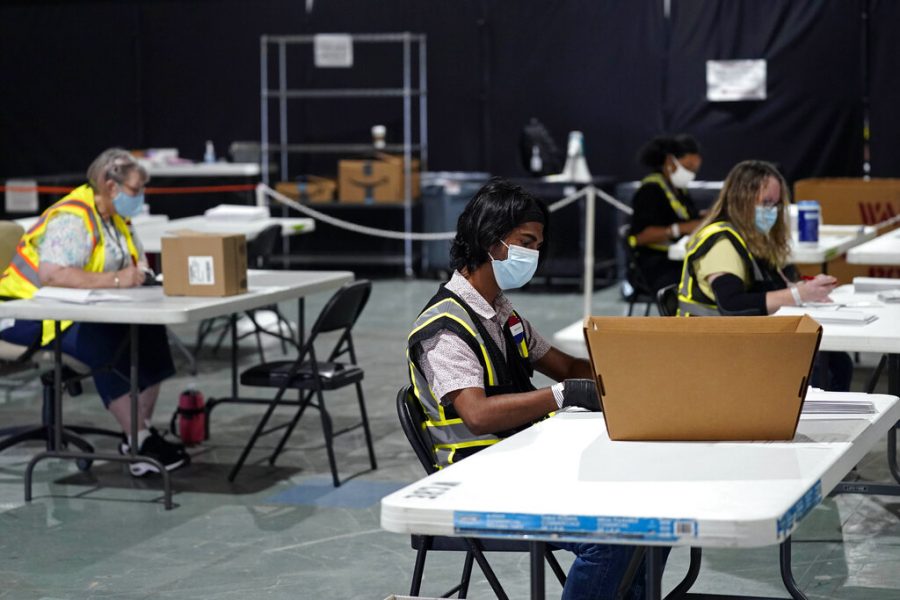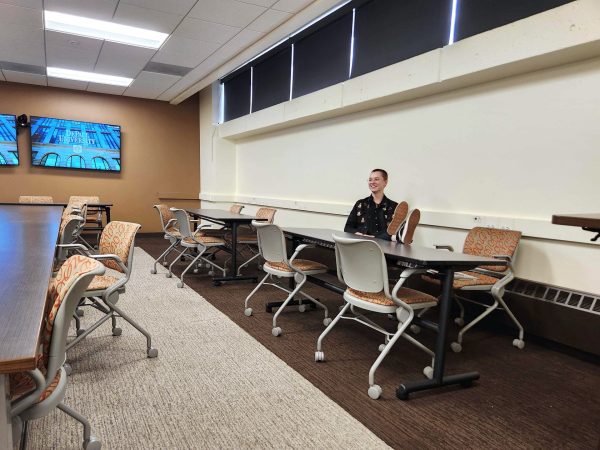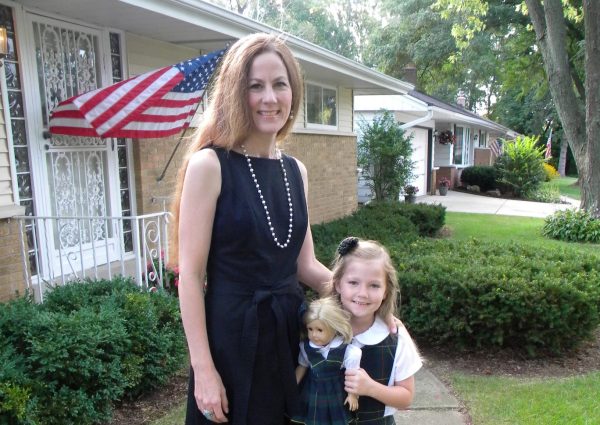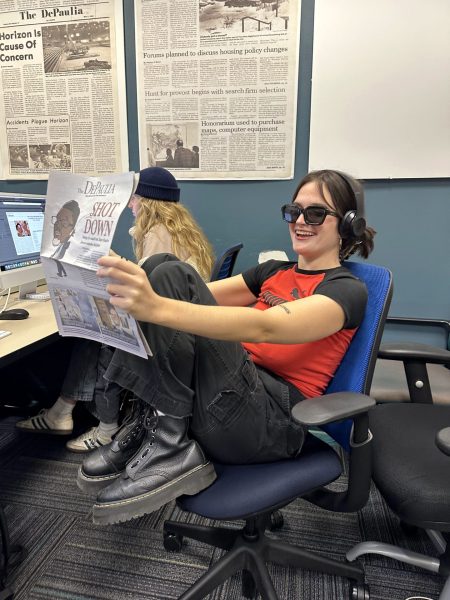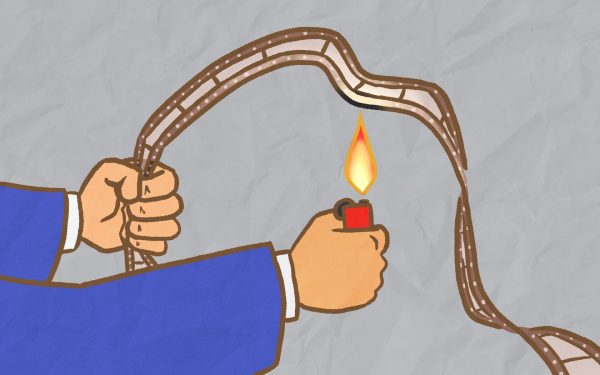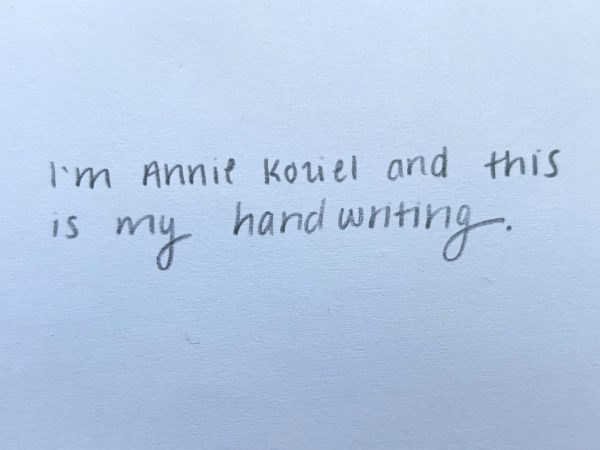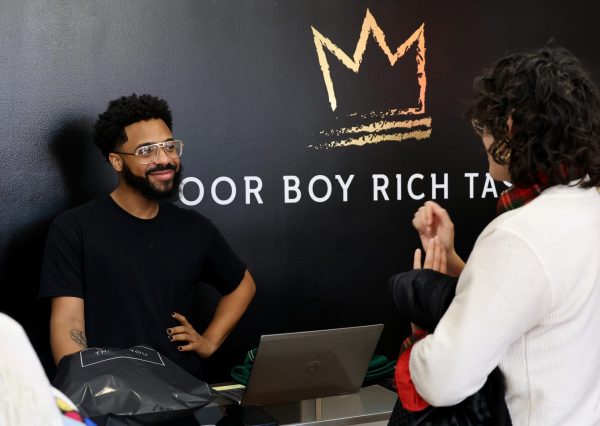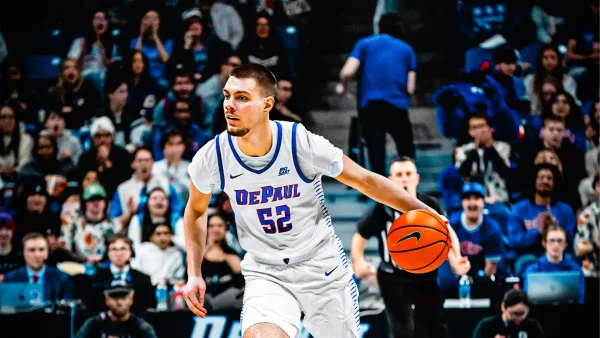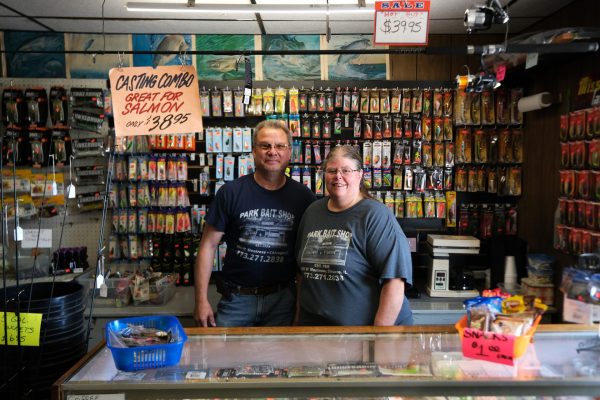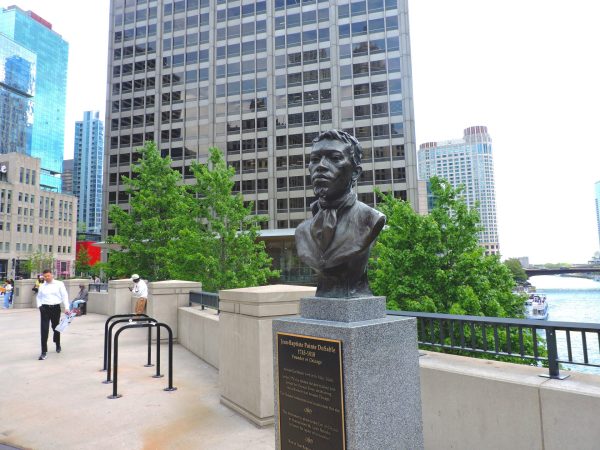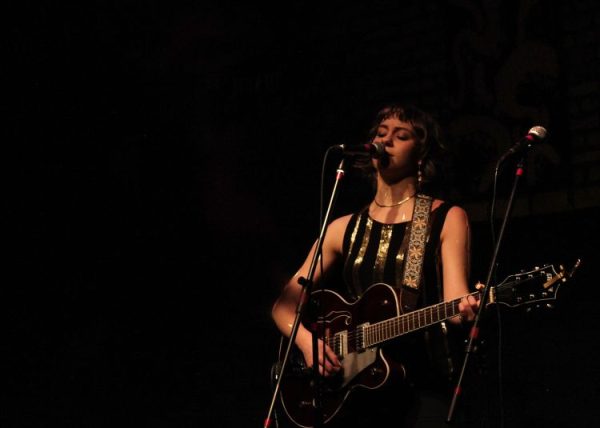Letter to the editor: DePaul’s refusal to name Election Day a university holiday contradicts Vincentian values
Credit: AP
FILE – In this Thursday, Sept. 3, 2020 file photo, workers prepare absentee ballots for mailing at the Wake County Board of Elections in Raleigh, N.C. Nearly 10,000 North Carolinians had their mail-in ballots accepted in the first week of voting, according to data released Friday, Sept. 11 by the State Board of Elections. North Carolina was the first state in the country to send absentee ballots to voters who requested them. (AP Photo/Gerry Broome, File)
I have worked three elections — the 2018 primary, the 2018 general, and the 2020 primary — as an election judge in my hometown. I worked the blue wave of 2018 and I got to know the system that elects our leaders.
I did it because I had heard that hundreds of poll workers were calling off around the state and I felt a sort of responsibility to work. Our civic system is built off an unwavering reliance on retirees volunteering to work the long election day, regardless of what else is going on in the world. That doesn’t work amid a pandemic that affects the elderly more than anyone else. Right now, we are staring down the barrel of a devastating shortage of poll workers right before the most important election in modern history. The few primaries held during the pandemic are proof of it. On March 17, entire polling places were shuttered in Chicago because of poll workers calling off. It’s going to be much worse in November.
A month ago, I started getting emails and letters from my election authority about working in November, including specific information about poll consolidation, poll watchers, and how to deal with people who voted by mail but want to vote in person as well. My concern about the security of the November election has nothing to do with mail-in voting and everything to do with the security and legitimacy of in-person voting.
I supported the petition to make election day a university holiday. For one, it would make it easier for staff and students to vote. It would also set a precedent. It would be a statement that DePaul University values civic engagement and supports its community’s right to vote. Instead, the faculty council chose to value convenience over all else. I get it — this quarter is hard. However, refusing this proposal limits civic engagement and prevents thousands of students from potentially becoming more involved in the political process. This decision limits the number of students who could work as poll workers, given the chance.
I laid this out a month ago. If we don’t have enough election judges, the circumstances around this election and the actions undertaken by those with a personal interest in the result are going to cause mass voter suppression and disenfranchisement, potentially decimating civic engagement for an entire generation or more. This is going to end in consolidated polling places, making it more difficult for those living in poverty to make it to their polling places due to lack of transportation. This is going to end in disruptive, partisan poll watchers potentially preventing thousands of voters from casting their ballots.
In my eyes, taking any action contrary to promoting civic engagement in every form is contrary to DePaul’s stated mission. Limiting a person’s right to engage with the political system that is supposed to represent us and make law in our interest is tantamount to stripping that person of their dignity and promoting exclusivity in our culture — something that is supposed to be antithetical to the mission that DePaul purports to instill in its students.
I consistently find myself questioning the university’s dedication to this mission, this being just one of the latest examples. If the university is unwilling or unable to listen to students’ desires to be involved in the most important functionality of democracy and inclusivity in that system, I have to wonder whether or not their non-support is a political statement in and of itself.

